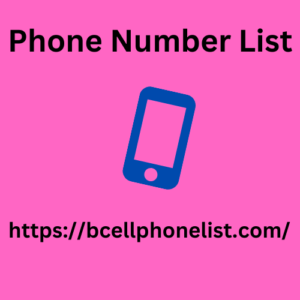All-in-one business solutions are integrated software platforms that offer a variety of tools and functionalities to streamline various aspects of a business. These solutions often include features such as:
-
Customer Relationship Management (CRM):
- Managing customer interactions, sales pipelines, and customer data.
-
Enterprise Resource Planning (ERP):
- Integrating business processes, including finance, human resources, supply chain management, and production.
- Human Capital Management (HCM): Managing employee information, payroll, benefits, and performance.
- Project Management: Planning, organizing, and tracking projects and tasks.
-
E-commerce:
- Setting up and managing online stores, including product catalogs, payment processing, and shipping.
- Marketing Automation: Automating marketing tasks like email campaigns, social media, and lead nurturing.
- Accounting and Finance: Managing accounting functions, financial reporting, and budgeting.
Benefits of All-in-One Business Solutions:
- Improved Efficiency: Streamlining processes and reducing manual tasks.
- Enhanced Collaboration: Facilitating communication and teamwork across departments.
- Data Centralization: Providing a central repository for business data.
- Cost Savings: Consolidating multiple software systems into one.
- Scalability: Adapting to the growth and changing needs of a business.
Popular All-in-One Business Solutions:
- Zoho: Offers a wide range of applications, including CRM, ERP, HR, and marketing automation.
- Microsoft Dynamics 365: Integrates with Microsoft Office 365 and provides Kenya Mobile Phone Numbers Database solutions for sales, marketing, customer service, finance, and operations.
- SAP Business One: A comprehensive ERP solution for small and medium-sized businesses.
- Oracle NetSuite: A cloud-based ERP and CRM solution for mid-market businesses.
- Intuit QuickBooks: Primarily known for accounting, but also offers features like CRM and payroll.
When choosing an all-in-one business solution, consider factors such as:
- Business size and needs: Assess the specific requirements of your business.
- Scalability: Ensure the Viber Data Service solution can accommodate future growth.
- Integration capabilities: Check if it can integrate with existing systems.
- Cost and pricing: Evaluate the initial investment and ongoing costs.
- Customer support and training: Assess the quality of support and training resources.
By carefully evaluating these factors, you can select an all-in-one business solution that aligns with your goals and helps you achieve greater efficiency and success.
Would you like to explore a specific feature or benefit of all-in-one business solutions in more detail?

